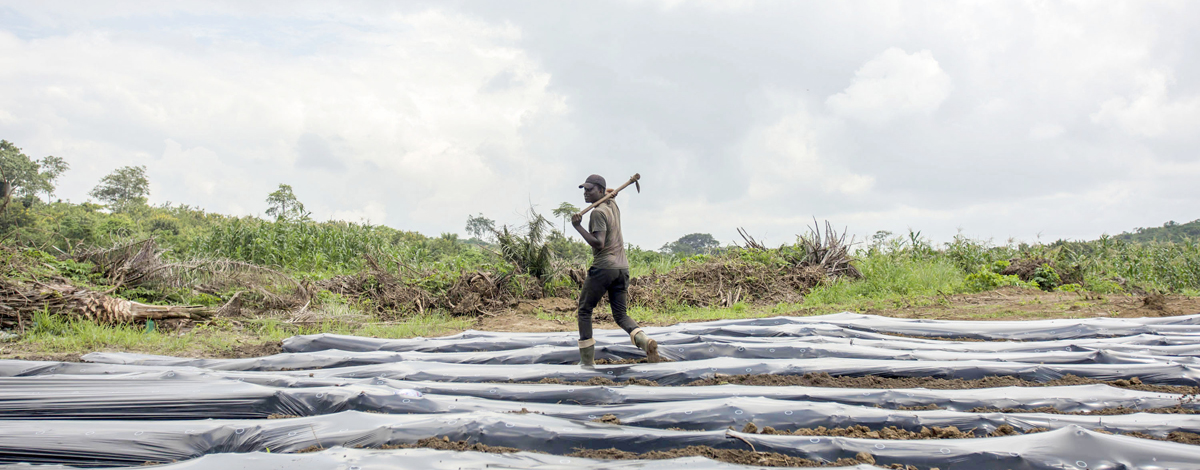
Strengthening systems for pandemic preparedness and response in Ghana
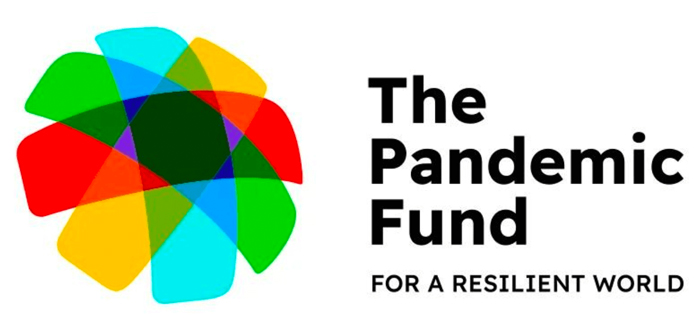
Ghana’s health system, while evolving, faces critical challenges in addressing pandemics and health emergencies due to systemic gaps in surveillance, diagnostics, and workforce capacity. This project seeks to transform Ghana’s preparedness and response framework by integrating human, animal, and environmental health under a comprehensive One Health approach, ensuring resilience against current and future public health threats.
Implementation and key components
FAO and WHO, working in collaboration with Ghana’s Ministry of Health, Veterinary Service Department, and Environmental Protection Agency, will lead this initiative to enhance the country’s pandemic preparedness and response capabilities.
Enhancing surveillance systems
The project will focus on expanding the electronic Integrated Disease Surveillance and Response (IDSR) system to create a unified platform that integrates human, animal, and environmental health data. This upgrade will enable real-time information sharing and improve early detection of public health threats. Community-based surveillance networks will also be strengthened, with training provided to volunteers in vulnerable and underserved areas to ensure widespread coverage and rapid response capabilities.
Upgrading Laboratory Systems
To improve diagnostic efficiency, laboratory facilities across Ghana will be upgraded with modern equipment and training for staff, enabling the identification of zoonotic diseases and antimicrobial resistance (AMR). The project will also implement stronger biosafety protocols and quality control measures to align with international standards, while developing a reliable sample transport system to ensure timely testing and reporting of results.
Building a resilient workforce
The initiative will invest in training programs for health professionals across human, animal, and environmental sectors, addressing critical gaps in skills and knowledge. Advanced training will focus on disease surveillance, outbreak management, and emergency preparedness, fostering a well-equipped and responsive workforce. The creation of a workforce registry will support the long-term sustainability of these efforts, ensuring a pipeline of skilled professionals for future health emergencies.
Expected outcomes
The project will establish a robust surveillance system that allows for real-time monitoring and effective management of public health threats. Laboratory improvements will ensure timely and accurate diagnostics, while workforce training will create a cadre of skilled professionals capable of responding to health crises. These efforts will align with international health regulations and contribute to measurable improvements in Ghana’s health security, including enhanced JEE, SPAR, and PVS scores. By fostering intersectoral collaboration and community engagement, the project aims to build resilience at every level of the health system.Implementing Entities
FAO, WHO
Priority areas
- Early warning and disease surveillance systems
- Laboratory systems
- Human resources/public health and community workforce capacity
Total budget
USD 16,297,032
Total co-financing
(in kind and cash)
USD 2,587,000
Total co-investment
(in kind and cash)
USD 5,263,200
Find out more
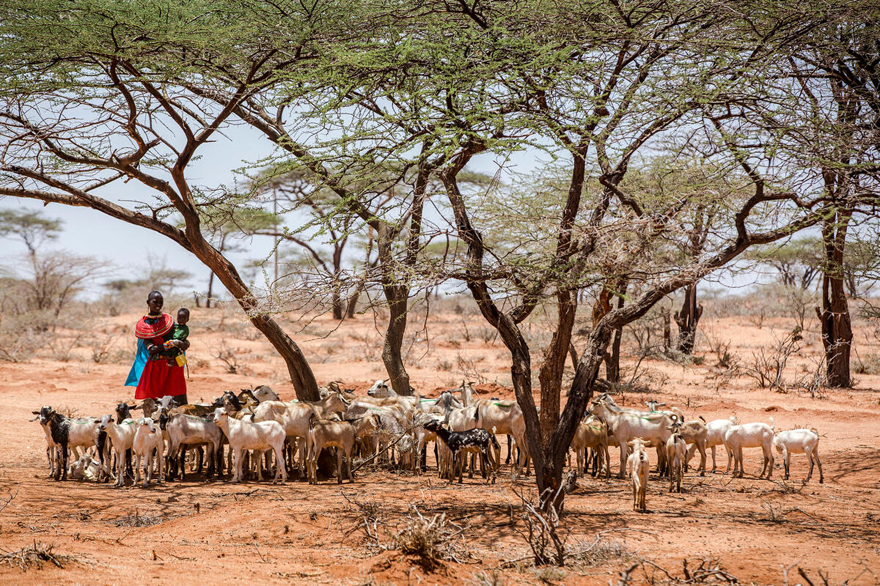
Projects
The Pandemic Fund
FAO is co-leading the implementation of 32 Pandemic Fund projects worth over USD 165 million aimed to boost local and global health security.
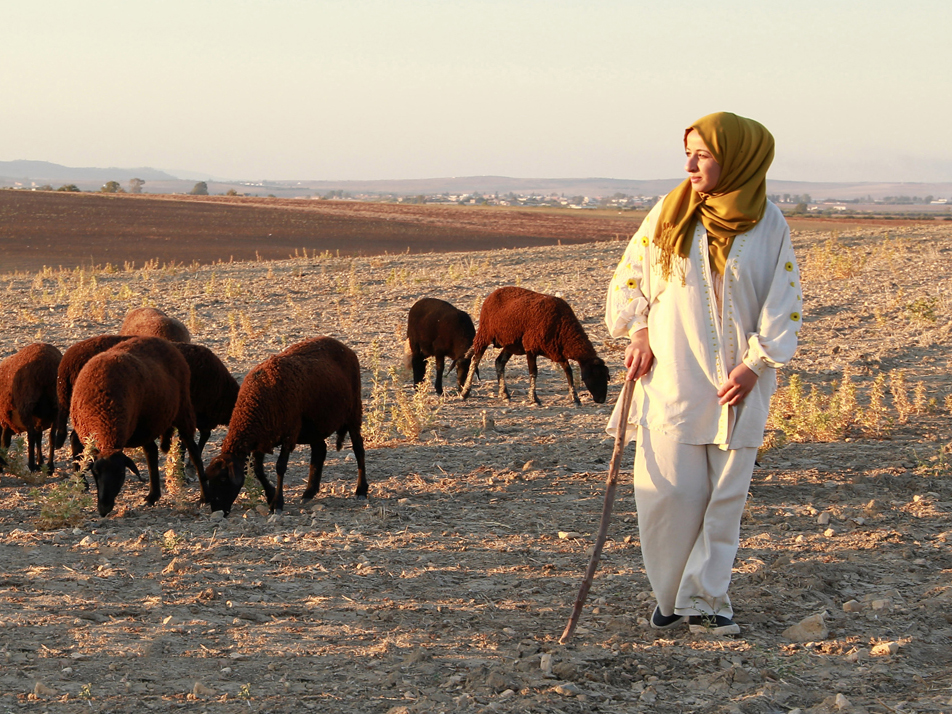
Highlights
Pandemic Fund’s third call for proposals
The Pandemic Fund has announced its third Call for Proposals, with an envelope of USD 500 million to enhance pandemic preparedness and response with a focus in low- and middle-income countries.
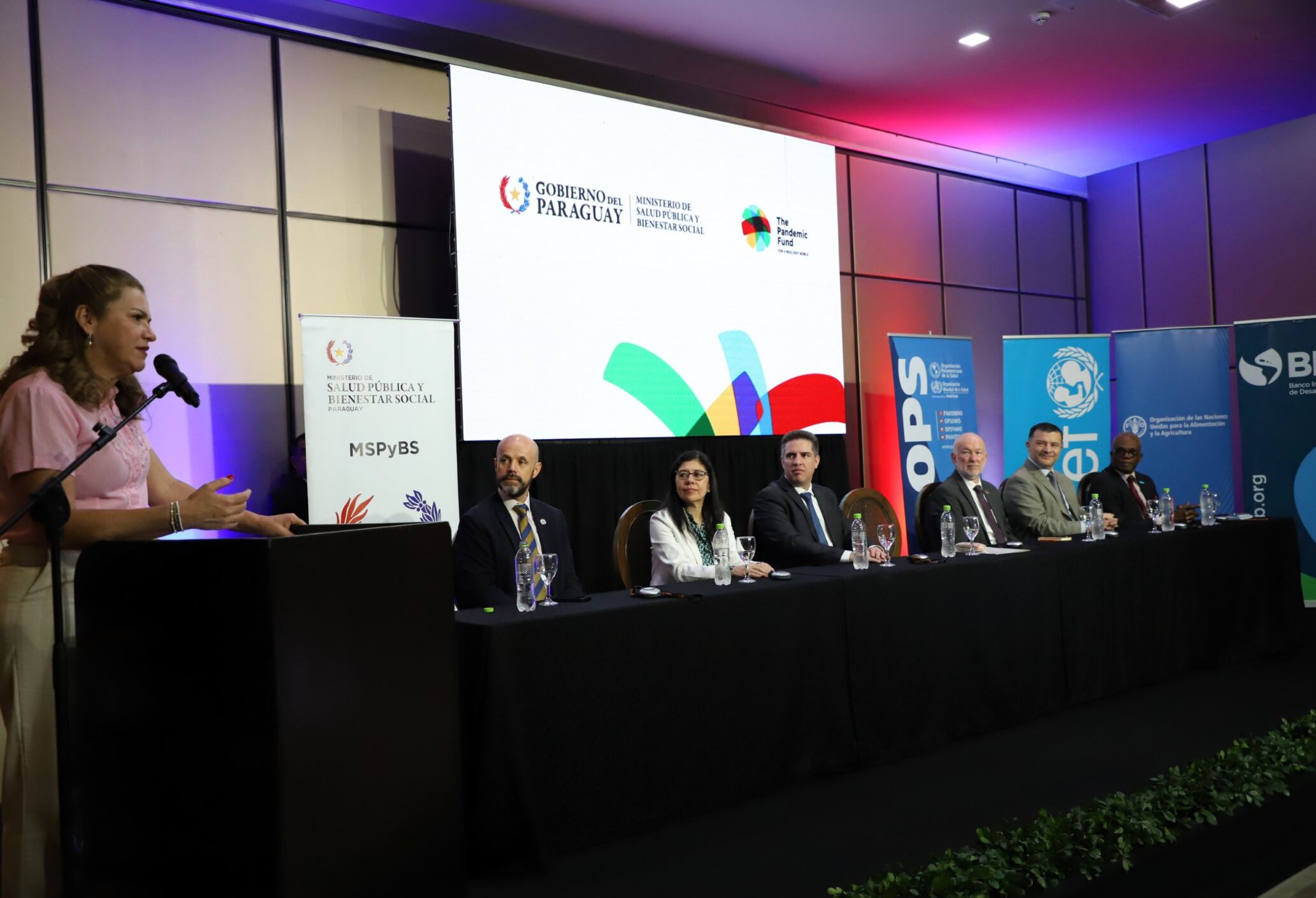
Highlights
Global fight against pandemics gains momentum as projects launch with FAO support
The first of Pandemic Fund projects launched at national level, including Ethiopia, Paraguay, Central Asia countries, and Yemen.
